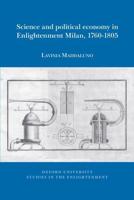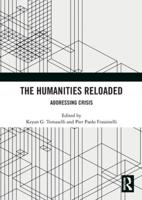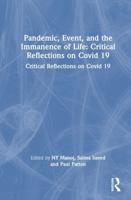Publisher's Synopsis
In the attempts to unify divided peoples on the basis of a shared past, both historical and mythical, this book illumines aspects of cultural nationalism common since the Middle Ages.
As an edited work, the Bible includes texts mostly depicting long-gone historical eras extending over several centuries. Following on from Aberbach's previous work National Poetry, Empires, and War, this book argues that works of this nature - notably the Mujo-Halil songs in Albania, the Irish stories of Cuchulain, the songs of the Nibelungen in Germany, or the Finnish legends collected in The Kalevala - have an ancient precedent in the Hebrew Bible (to which national literatures often allude and refer), a subject largely neglected in biblical studies. The self-critical element in the Hebrew Bible, common in later national literature, is examined as the basis of later anti-Semitism, as the Bible was not confined to Jews but was adopted in translation by many other national groups. With several dozen original translations from the Hebrew, this book highlights how the Bible influenced and was distorted by later national cultures.
Written without jargon, this book is intended for the general reader, but is also an important contribution to the study of the Bible, nationalism, and Jewish history.











